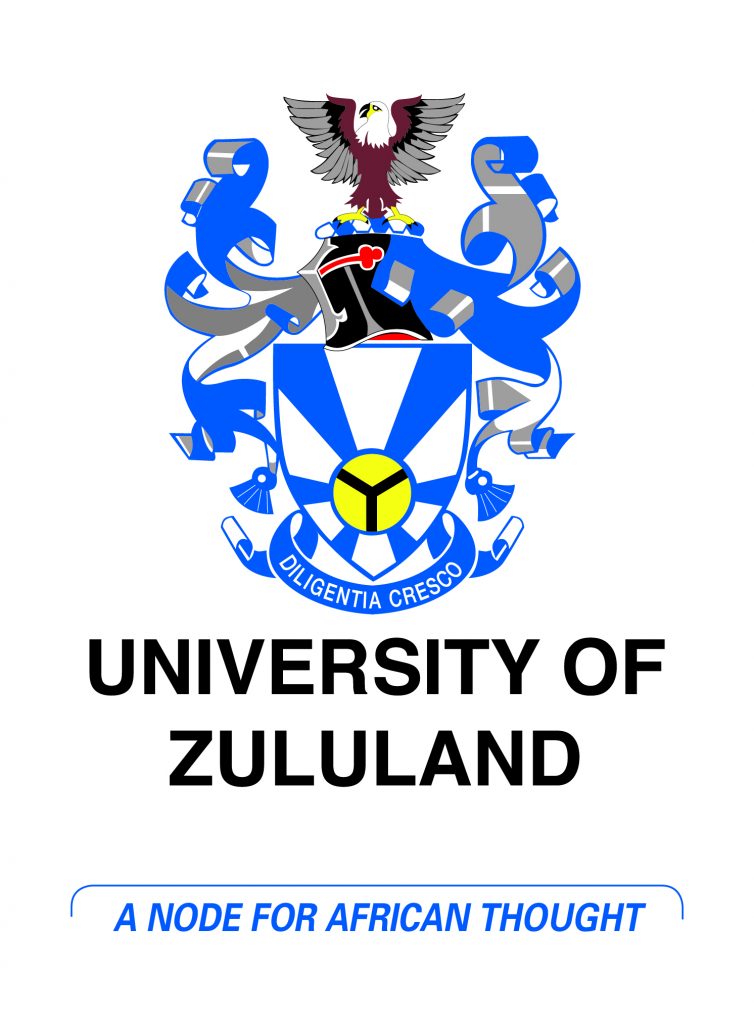Original Research
Indigenous knowledge application in increasing food security: A measure to consider?
Inkanyiso | Vol 14, No 1 | a20 |
DOI: https://doi.org/10.4102/ink.v14i1.20
| © 2022 Charles A. Masango, Victor W. Mbarika
| This work is licensed under CC Attribution 4.0
Submitted: 08 December 2022 | Published: 21 December 2022
Submitted: 08 December 2022 | Published: 21 December 2022
About the author(s)
Charles A. Masango, Research Office, University of Cape Town, Cape Town, South AfricaVictor W. Mbarika, College of Business, East Carolina University, Greenville, NC, United States
Abstract
This article examines the role of indigenous knowledge (IK) in increasing food security. It questions whether IK can be regarded as inferior to increasing food security given that food scientists and technologists use scientific methods in increasing food security. The rationales for the examination stem from the notion that while IK has been recognised as one avenue for increasing food security, such knowledge is treated as inferior to modern measures or techniques. People who use IK are associated with poverty, backwardness and superstitions. Indigenous knowledge is often marginalised and given little attention in the mainstream studies, research and development institutions. Many professional experts tend to scoff or criticise such knowledge system, viewing them as nonsensical, superstitions, irrational and mythical. The article explores a theoretical research based on an extensive literature review for using IK in increasing food security and advances reasons why IK may or may not be regarded as inferior to increase food security. The theoretical research may be seen as a limitation in this topic, as an empirical research based on interview may have produced a better result. The article reveals that both modern technologies and IK play an important role in increasing food security. Following that IK as Intellectual Property (IP) is taking new significance in the search for answers to many of the world’s most vexing problems, the article proposes measures within Intellectual Property Rights (IPR) in the form of patent and other approaches through which IK could be applied with other scientific methods to increase food security.
Keywords
indigenous knowledge (IK); food security; scientific methods; Intellectual Property Rights (IPR); Patent.
JEL Codes
A10: General; A13: Relation of Economics to Social Values
Sustainable Development Goal
Goal 8: Decent work and economic growth
Metrics
Total abstract views: 1232Total article views: 2865
